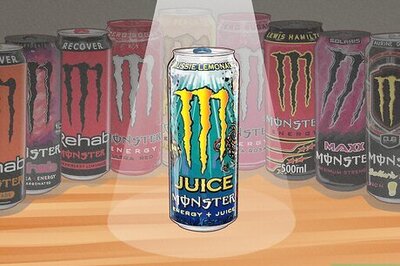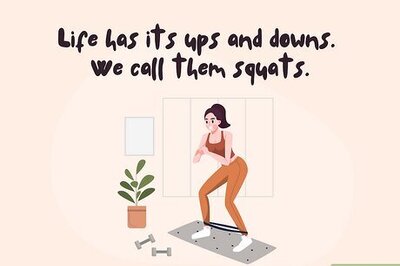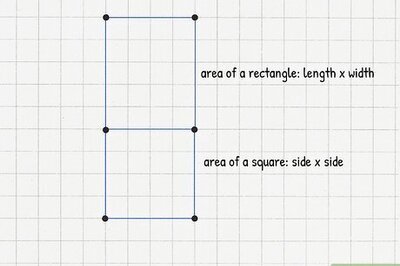
views
Not all chest pain indicates a heart attack, Some may signal an impending stroke. It is absolutely true. Stroke is basically a certain vascular event of the brain, and one of the common and important risk factors for stroke is actually cardiac illness, especially a heart attack or myocardial infarction (MI). So, any MI patient or a heart attack patient, or for that matter, cardiac arrhythmias patient, are prone to have stroke. If anybody is having chest pain then, one should also think in terms of impending stroke.
20% of the strokes are known to be linked to cardiac issues, such as arrhythmias, disorders of the heart valves, and prior heart attacks. Individuals with these cardiac problems might see cardiologists, which could postpone neurological intervention and affect the course of treatment.
It is a widespread problem that many people mistakenly believe that the symptoms of a heart attack are the same as those of a stroke, particularly those in older age groups with common risk factors such high blood pressure, diabetes, and cholesterol. The general population is aware of the clear signals of a heart attack, but stroke symptoms are frequently overlooked, which is why patients seek out cardiologists first.
Those who measure high blood pressure and diagnose their medical condition as hypertension pose a significant obstacle. Despite being a common symptom, increased blood pressure in stroke patients is not the primary cause; rather, it is a reactive response. It’s crucial to target the blocked blood vessel that caused the stroke rather than just concentrating on blood pressure.
Therefore, it’s critical to identify stroke symptoms early and seek care in hospitals with stroke centers. The signs and symptoms of a stroke differ from those of a heart attack. Patients who have suffered a stroke frequently exhibit one side of their body weakness, momentary numbness or weakness, abrupt trouble speaking or understanding, slurred speech, instability, difficulty walking, lack of coordination, and even loss of vision in one eye.


















Comments
0 comment